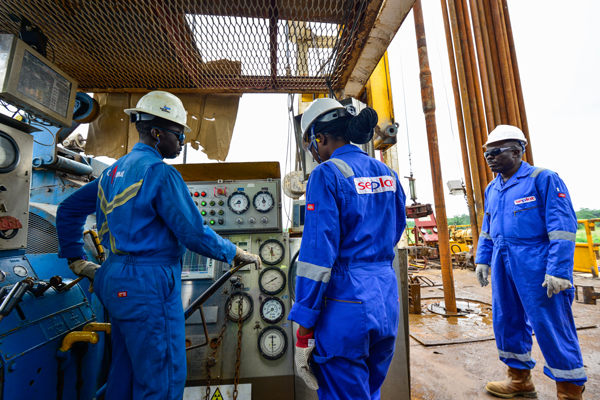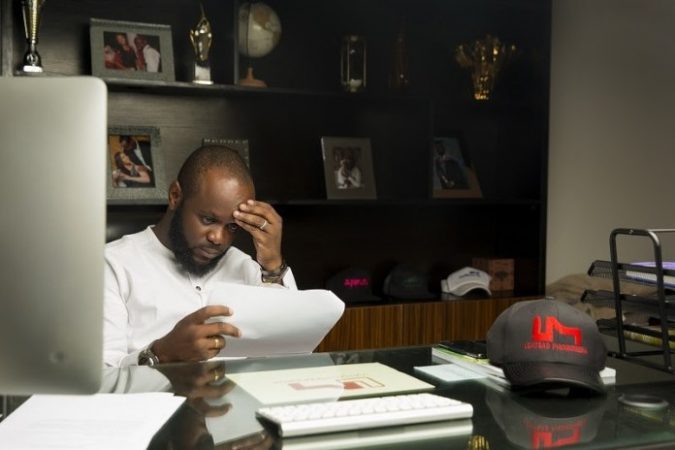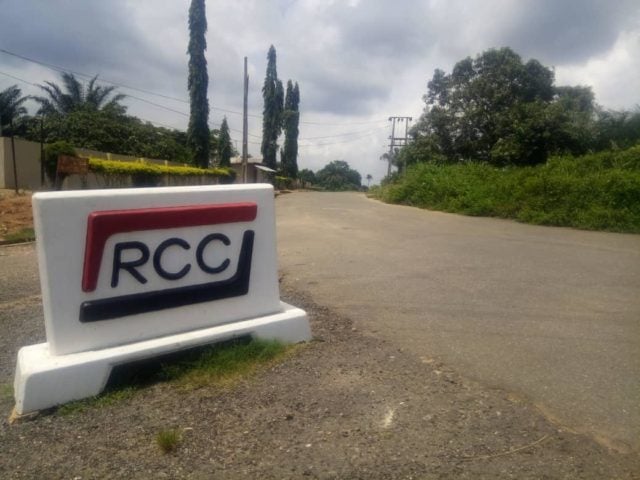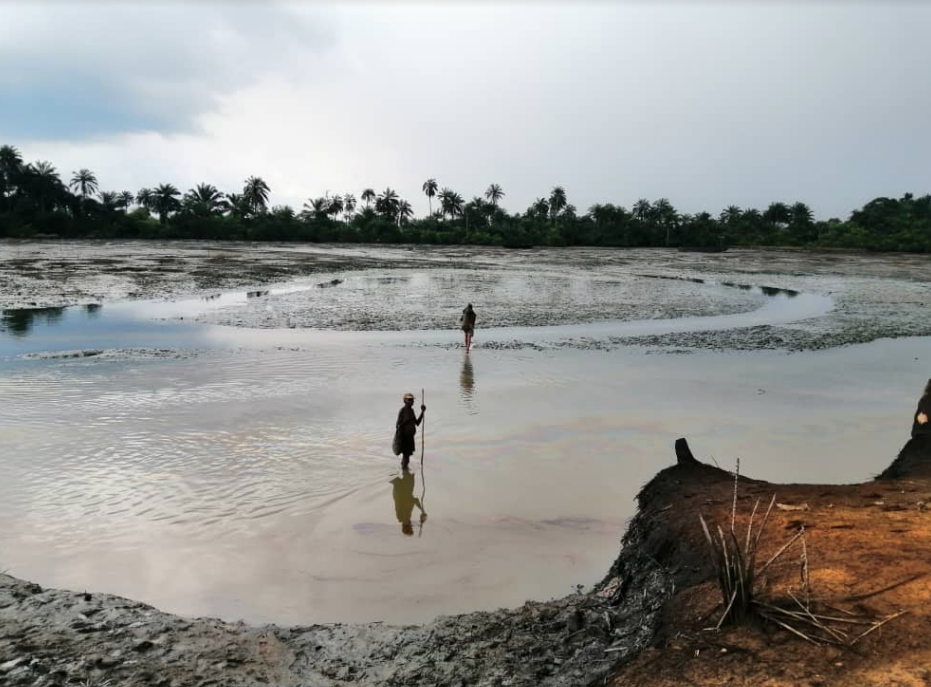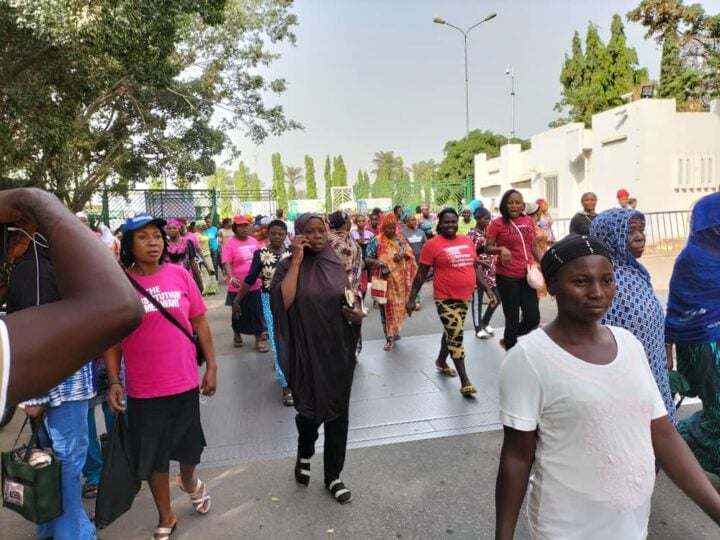BY SONI KANU
Most Nigerians often quote ‘The Trouble With Nigeria’, a 1983 treatise by ace writer Chinua Achebe that Nigeria’s problem is “simply and squarely a failure of leadership”. They then go ahead to berate the government for real and perceived failures. The usual verbal salvos are often directed at the executive and legislative arms of the government. Seldom is the judiciary pilloried. Till recently, the judiciary had remained above the fray. Not anymore. If anything, the judiciary, by acts of omission or commission, has netted itself in the eye of the storm with such judgments as in the recent case of the nomination of Senate President Ahmed Lawan for re-election and the earlier case that sacked former Imo state governor, Emeka Ihedioha, and returned Governor Hope Uzodinma.
Discerning observers would have noticed an apparent concerted effort on the part of the judiciary to redeem itself. A notable example is the recent court of appeal ruling in the case involving leading indigenous oil and gas company Seplat Energy Plc and some of its disgruntled minority shareholders. In a ruling that would likely have reverberated around the world given that Seplat is quoted on both the Nigeria Stock Exchange and London Stock Exchange, the court of appeal sitting in Abuja on Monday, May 15, 2023, suspended the ex-parte interim orders granted on May 11, 2023, restraining the principal officers of Seplat Energy Plc from performing their functions in suit No.: FHC/ABJ/CS/626/2023.
The suspension follows a ruling in the suit CA/ABJ/PRE/CV/534MI/2023 between SEPLAT ENERGY PLC v. JULIET EBERE NWADI GBAKA & 15 ORS. The Appellant/Applicant had moved a motion ex-parte dated and filed May 12, 2023, to suspend the ruling of the lower Court presided by Hon. Justice I. E. Ekwo made on Thursday, May 11, 2023. The interim orders primarily restrained the board chairman, named independent non-executive directors, the chief operating officer, and the company secretary from operating or functioning as officers of Seplat Energy in any capacity, or otherwise conducting the affairs of the company, and directed the Securities and Exchange Commission to appoint suitable persons to run the affairs of the company.
Advertisement
To say that the lower court ruling was bewildering is putting it mildly. What the court did in this instance was to overreach itself. The court of first instance arrogated to itself the powers that could only be exercised by the shareholders at an annual general meeting (AGM) or emergency general meeting (EGM). That the interim orders were made pursuant to a petition which was the third in a series of duplicative petitions filed by minority shareholders between March and April 2023 raised more than a few eyebrows. Nonetheless, a brow-beaten Seplat was not cowed and reiterated in a statement signed by the chairman, Mr. Basil Omiyi, that: “Seplat Energy remains confident that the courts will appropriately address the frivolous litigations brought by a combination of 13 minority shareholders holding less than 800 shares out of 589 million shares (or 0.0001% of the company’s issued shares). Omiyi added that: “Seplat is poised to diligently continue to defend against deliberate court actions and remains confident and hopeful that the courts will appropriately address unending litigations on it”.
The court of appeal in its ruling of Monday, May 15, 2023, raised the bar and restored hope and confidence in the Nigerian judiciary. It beggars belief that otherwise eminent jurists at the lower bench can throw caution to the wind and grant rulings capable of making Nigeria a laughing stock in the comity of nations. Such rulings encourage capital flight, discourage foreign direct investment, dent the Nigerian judiciary, and rubbish Nigeria’s stature as a society of law and order.
A group of experts drawn from the industry, academia, trade, and civil society organisations had at a recent one-day investment summit held in Lagos called for a quick resolution of the crisis seemingly instigated by an out of favour co-founder who perhaps in a bid to get back at the company considered no mud demeaning enough to splash at Seplat Energy Plc. The experts noted that the current tremor from within Seplat Energy should be quickly nipped in the bud as it is an ill wind that blows no one any good. To them, the more the Seplat imbroglio drags, the more both the image of Seplat and Nigeria will continue to be rubbished in the comity of nations.
Advertisement
Udechukwu Udeke, a professor and head of the department of History and International Studies at the Imo State University, Owerri, noted that the rash of rulings at the lower court is capable of ensuring the further plummeting of the country’s image, especially as Seplat Energy is quoted also at the London Stock Exchange. He stated that ordinarily nothing untoward should be done to further diminish the global stature of Nigeria at a time that the country is coping with the miasma of a disputed election, a currency redesign gone awry and unrelenting insurgency.
Indeed, everything, according to Obafemi Giwa-Amu, a lawyer and founder of Zig-Zag Nation, should be done to ensure a salutary image for Nigeria so as to be able to continue attracting foreign investment for the ultimate growth and development of our economy. Nigeria’s foreign direct investment (FDI) for 2021 was $3.31 billion, a 38.9% increase from 2020. For 2020, Nigeria’s FDI stood at $2.39 billion, a 3.48% increase from 2019. According to Statista, between January and March 2022, foreign direct investment inflow into Nigeria amounted to $155 million. In the second quarter of 2022, the National Bureau of Statistics (NBS) reported that foreign funds invested in the Nigerian economy amounted to $1.535 billion, a 75.34% increase from $875 million in the second quarter of 2021. The largest amount of capital received was through portfolio investment, which accounted for 49.33% ($757. 32 million).
Notwithstanding the obvious instigated crisis, Seplat Energy has continued to soar. Recently it announced 20% increase in its quarterly dividend from 2.5 cents per share to 3.0 cents per share. The results for the first three months of 2023 saw revenues of the company up by 37% to $331 million while the bottom line grew by 189% to $57.5 million. While revenues grew 37%, the company’s analysis revealed that the cost of sales rose by just 6.6% meaning gross profits surged by 69% to $198.3 million at a margin of 60%, compared to 48% in the first three months of 2022.
Seplat again demonstrated why it has adopted the moniker of Nigeria’s leading independent by delivering average daily working interest production of 51,720 barrels of oil and gas equivalent and extending its safety record to 3.8 million person-hours without a single lost-time injury. Any wonder then that Seplat was the first African E&P company to be awarded the coveted ISO 55001 asset management certification, which recognises companies that manage their assets responsibly and effectively throughout their life cycle.
Advertisement
Indeed, Seplat has remained extremely professionally managed despite recent complaints. The company will do less with abhorrent rulings from duplicitous cases and more with magisterial rulings the like of which the court of appeal delivered on Monday, May 15, 2023, to much acclaim.
Kanu is a lawyer, investment expert, business growth consultant, and public affairs analyst, based in Abakiliki
Views expressed by contributors are strictly personal and not of TheCable.
Add a comment
